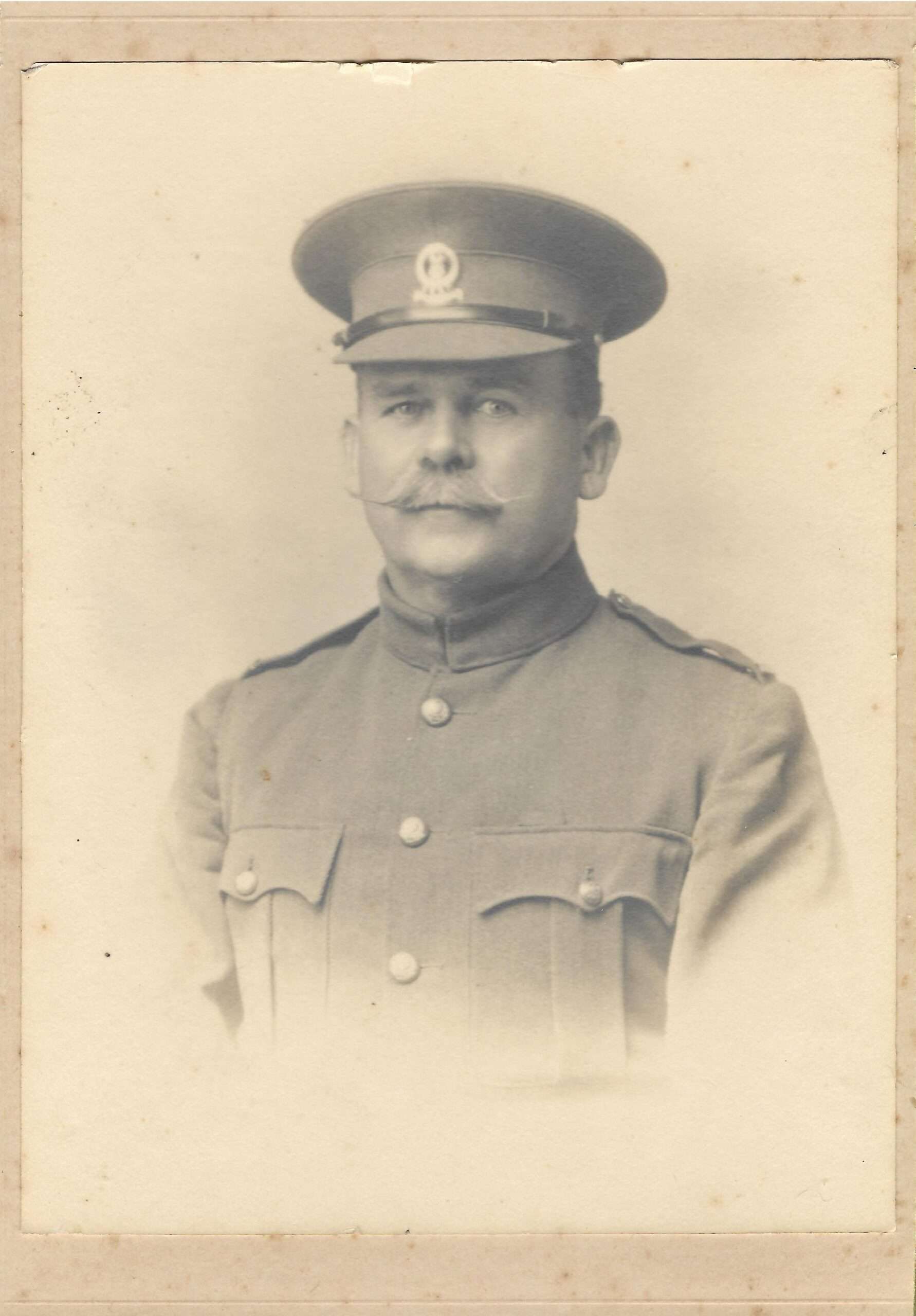‘Ian, are you alright?’
‘Yes. The older I get the more I think and the less I say.’
Sitting in silence with my hands folded in front of me seems to discomfit some people.
It is not intended to do so. It is not some psychological power play. It is not an attempt to intimidate or to make a statement. It is simply sitting quietly and listening and watching and thinking.
Once, there was a delusion that thinking could lead to the uncovering of something significant. Of course, decades of thinking have never brought any breakthrough in knowledge. More often, there has been the replaying and replaying of the same sequences.
Once, there was a need to say something in every discussion, to contribute some insight imagined to be new, to attempt some pithy summary of the exchanges. now, silence seems a preferable option.
First order questions have never been welcomed. Matters of principle are not the stuff of routine meetings, not considered relevant to day to day management.
Too many years of engagement in theology have prompted a desire to dissect arguments, to ask why conclusions have been drawn.
After saying ‘yes’ there was a desire to say something else. It had seemed abrupt, perfunctory and had offered no explanation for the noticeable diffidence.
Eventually, words from my grandmother came to mind. They seemed to offer a rationale for having sat disengaged while the group around the table took part in a discussion, the thread of which I had long lost.
Turning to my questioner, I said, ‘my grandmother taught me a rhyme when I was a child. It was primary school stuff, but it has stuck with me.
A wise old owl sat on an oak
The more he heard the less he spoke.
The less he spoke the more he heard,
why don’t you be like that wise old bird?
Perhaps it didn’t really explain anything. Perhaps it was appropriate to someone sat in a classroom in High Ham Primary School but not for a sixty-four year old who had left that school more than fifty years previously. Perhaps it was a disingenuous response, a deliberate avoidance of the reason for my silence.
Had there been an honest answer, it might have been an admission that I could just not be bothered, that I had attended meetings for more than forty years and could not remember one that had made a difference.
Perhaps at next week’s meeting I shall sit with a notepad and assume a greater air of interest.



